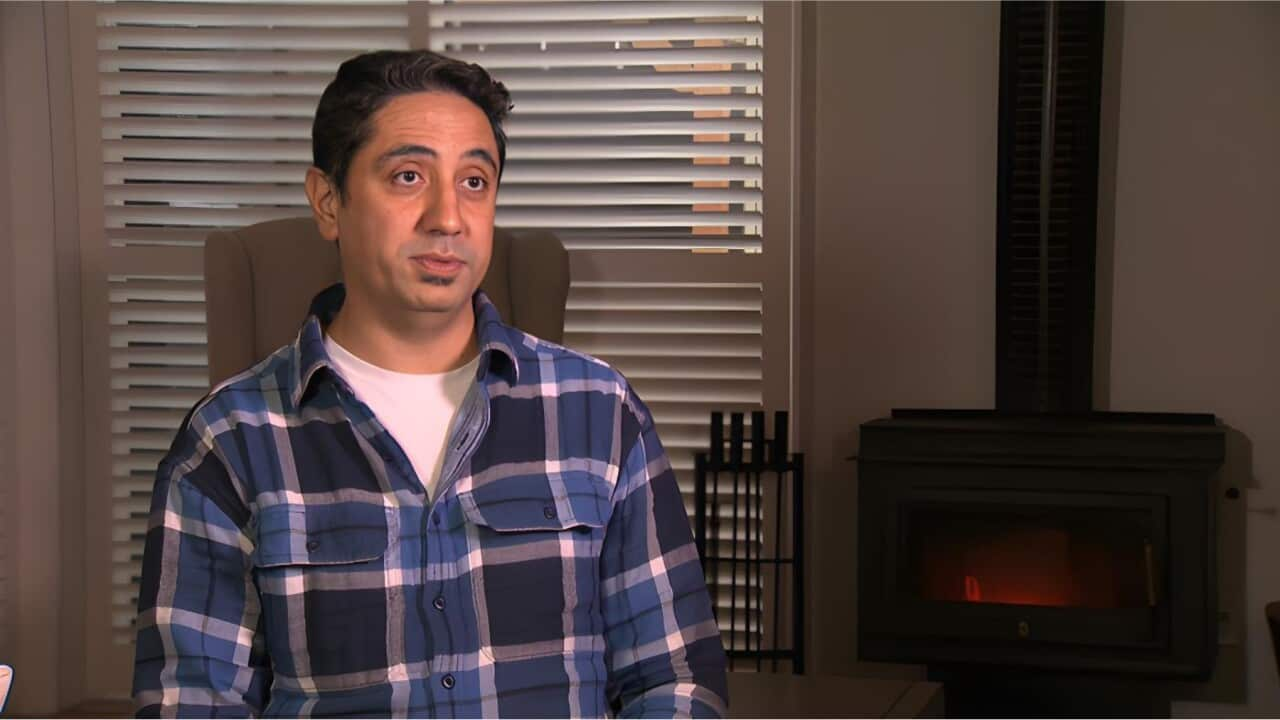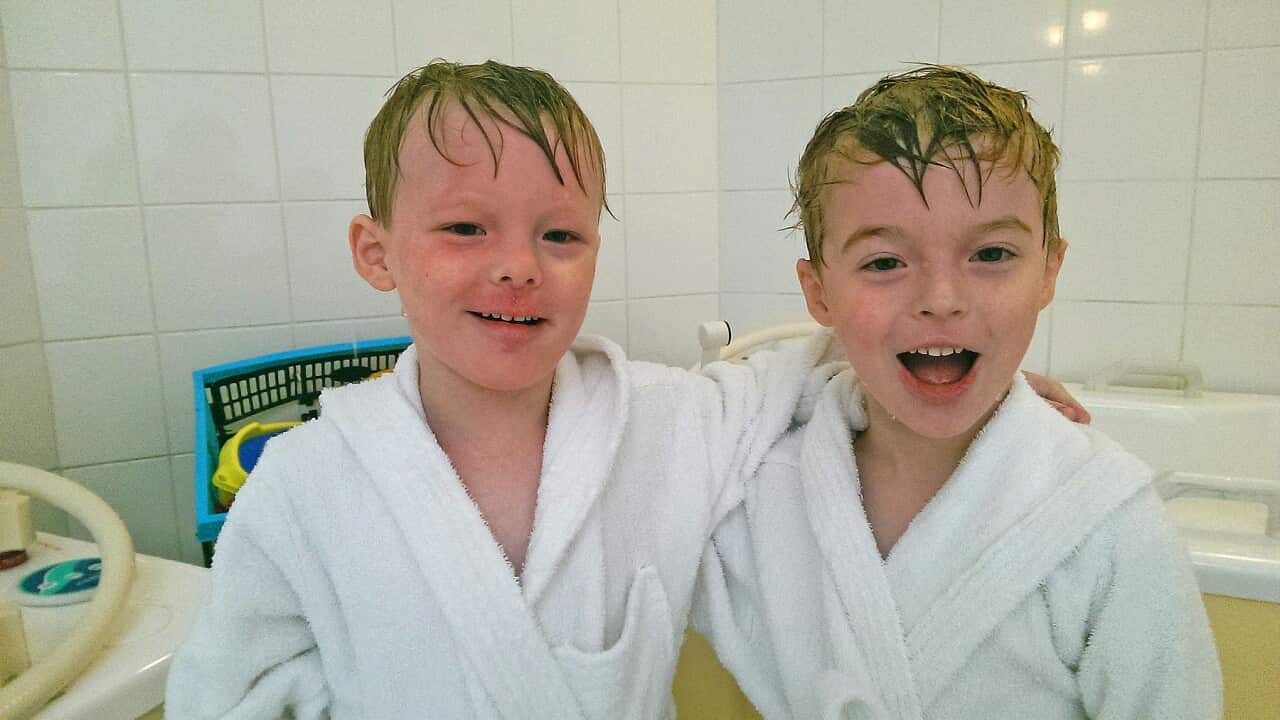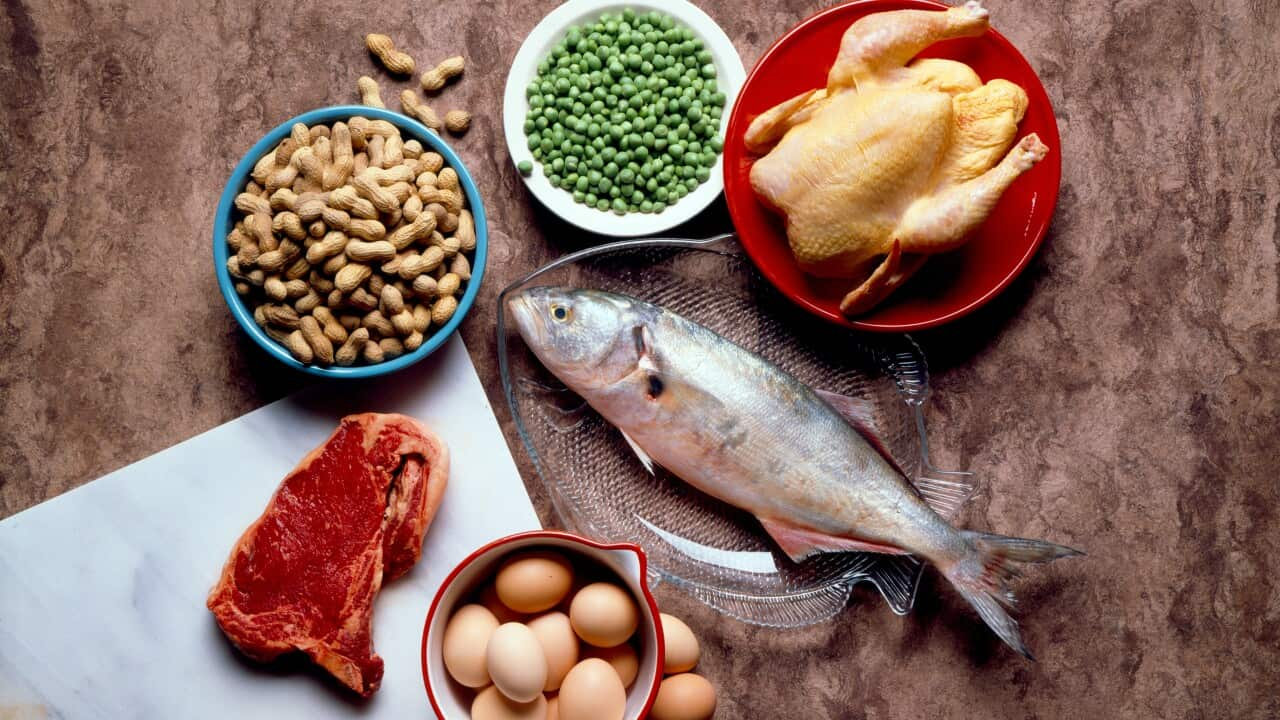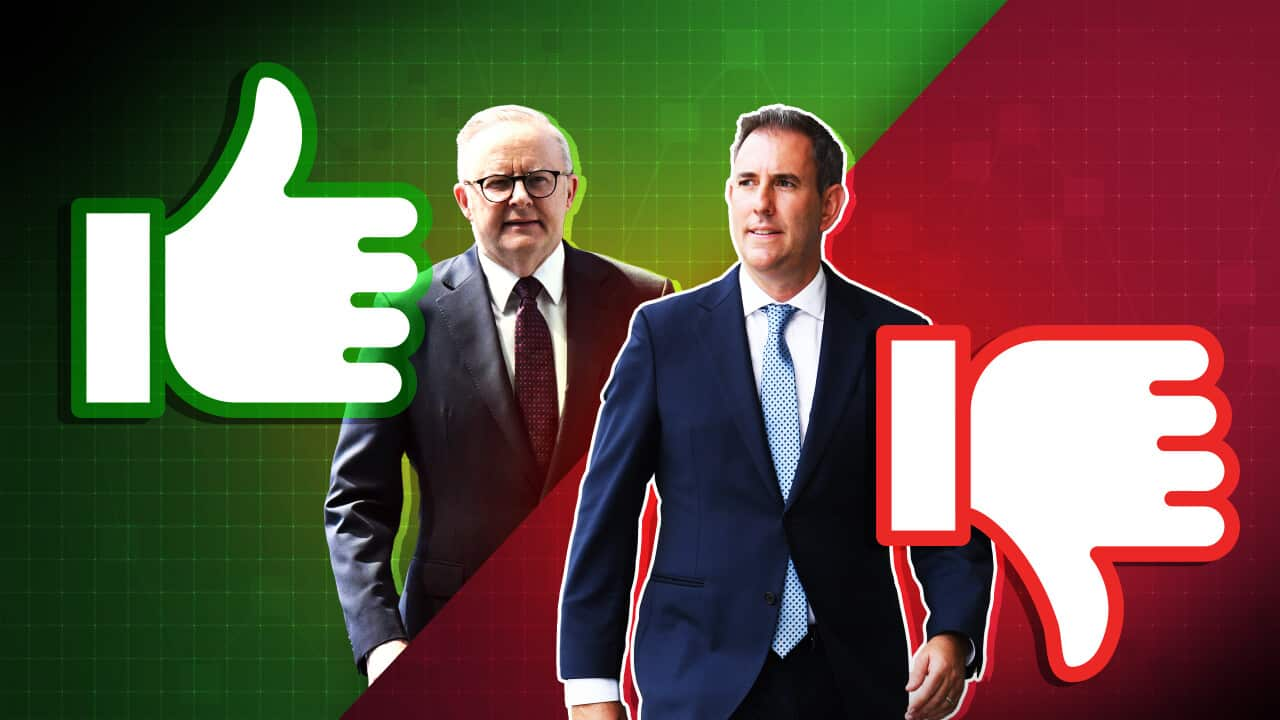TRANSCRIPT
Mohammad Rezaee says everyone who knew his wife, knew her smile.
“She had such a generous character, like always wanted to give to people, help people, look after people. To be honest, everyone knew the great character she had.”
Mohammad had married his wife, Arghavan Khazrai in Tehran, before they settled in Australia in 2012.
Arghavan then worked as a dental nurse in Melbourne, but also had dreams of becoming a model.
Mohammad encouraged her to have her first professional photos taken, but she would never get to see them published.
Mohammad told SBS how, at just 34, his wife and mother of their two children had a seizure that led to cardiac arrest.
“They took her to hospital and I still had hope something will change, but as soon as I went to the hospital they told me that overnight she became brain dead. Her body was so healthy and okay, but yeah, she had passed away.”
In that moment of loss - Mohammad made the decision his wife would become an organ donor.
“I was a little worried that maybe Arghavan wasn't happy with this decision because it was very hard at that point of time to make the call. That's why I said it's very important that if she had consent at least it's much easier for me to make the call. But I knew that she had such a generous, giving nature, helping everyone, I knew she'd be very happy that her body could save a few people's lives.”
Up to seven organ recipients, he says, were given a future they wouldn't have had, if not for his wife's act of giving in death.
“Still I believe she's around, in this world. If even I don't see those people, I know that her body, the things I love from the bottom of my heart, some parts of those are still in this world.”
Currently there are around 1,800 Australians waiting for an organ transplant, and a further 14,000 on dialysis for kidney failure.
Data from DonateLife shows 4 in 5 Australians support donation, but just one in three are registered to be donors.
It's led to a plea at the start of DonateLife Week, for Australians to register as donors, so their families aren't left to make a difficult decision.
The CEO of DonateLife is Lucinda Barry.
“For families in this position, it is the worst moment in their life, and so if you've registered to be a donor, it means that your family don't need to make that decision. They're just fulfilling your wishes at the end of your life, so you take some of that stress off families by being registered.”
DonateLife is also trying to raise awareness among multicultural and multifaith communities.
Ms Barry says every major religion supports organ and tissue donation.
“None of know whether we're going to be in need of a transplant at some point in our life, and that cuts across all multicultural communities in Australia. So we need every community to talk about donation, register if they want to be a donor, and we also know the best match is often someone from your cultural background.”
Mohammad is now raising 7-year-old Hannah and 3-year-old Jana - helped by the knowledge his wife's generosity lives on.
He described how the comfort and gratitude was reinforced by a letter from a recipient of one of Arghavan's kidneys.
“To be honest I was crying and I was so happy that we could be help some people. I'm sure Arghavan would be happy as well, and I'm sure the kids will be proud once they grow up and understand, they'll be proud of their mum.”













